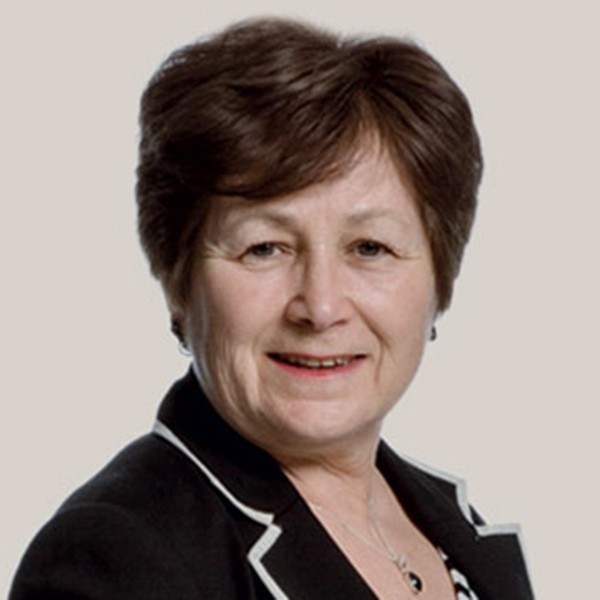
How to find a way through the maze of initiatives on climate-related (or, more broadly, sustainability) reporting is one of the greatest challenges facing company directors.
Janine Guillot, CEO of the Sustainability Accounting Standards Board (SASB), shed some light on the path at an e-meeting in November organised by the Japan Stewardship Forum and Data User Workshop Group. The SASB is one of a ‘Group of Five’ standard-setters that published a statement of intent to work together on ‘comprehensive corporate reporting’ in September.
The SASB has earned a leading role. Founded in 2011, it has produced 77 standards. More important, it has principles that are dear to investors’ hearts: the information a company provides should be material to its ability to create value, and aid decisions about where to allocate capital. This chimes with the definition of materiality put forward by the International Accounting Standards Board (IASB).
At this point, those more bothered about the environment or human rights might be turned off. But a key concept in the combined approach, which includes the Global Reporting Initiative catering to multi-stakeholders, is ‘nested materiality’. The building blocks provide steps from financial statements to value creation and impact on the environment and society.
Investability effect
This approach connects financial reporting with reporting on broader and hard-to-measure factors that will, nevertheless, affect investability. It also echoes the aims of the Taskforce on Climate-related Financial Disclosures, which calls for information to be decision-useful, forward-looking, and focused on risks and opportunities.
Those championing a coordinated approach believe there is sufficient common ground to produce harmonised standards promptly. The planned merger of the SASB with the International Integrated Reporting Council (IIRC) represents a welcome streamlining of the organisations involved. And a coordinating role is likely to be played by the IFRS Foundation (which oversees the IASB) via its proposed Sustainability Standards Board.

Those more bothered about the environment or human rights might be turned off, but ‘nested materiality’ is a key concept in the combined approach
Veterans of the convergence project between the IASB and US standard-setter, the Financial Accounting Standards Board, might blanch here because divergence did reassert itself. Differences in the sustainability field include the SASB’s sector-based approach, mirroring the way that sector analysts and industries work. But the SASB has guiding principles too and its five ‘sustainability dimensions’ – human capital, for example – cut across sectors, as do the IIRC’s.
Driving force
What might help the parties work together is a recognition of their limitations. Action by companies and investors can only go so far. The driving force will remain public policy and the laws enacted by governments.
It should also be acknowledged that some circles cannot be squared to fit the mantra of enlightened, long-term investor interest. Campaigners for environmental and human rights causes are not concerned about business value creation, so separate initiatives will continue under such umbrellas as the United Nations’ Sustainable Development Goals.
The UK’s Financial Reporting Council has suggested that companies produce a public interest report. That might be a good vehicle for directors to demonstrate their discharge of duties under section 172 of the Companies Act, covering the wider group of stakeholders.
Weary directors will sigh over the apparently endless proliferation of disclosure requirements. But there is now hope that corporate sustainability reporting can be standardised for an investor audience.
Further information
Listen on demand to ACCA’s Accounting for the Future virtual conference session on reporting climate-related disclosures.
See the proposed revisions to SASB’s conceptual framework and rules of procedure.
See Jane Fuller’s video interview of Pauline Wallace, chair of the new UK Endorsement Board.
For more details on the Taskforce on Climate-related Financial Disclosures, see the AB article ‘How to become a disclosure warrior’.




